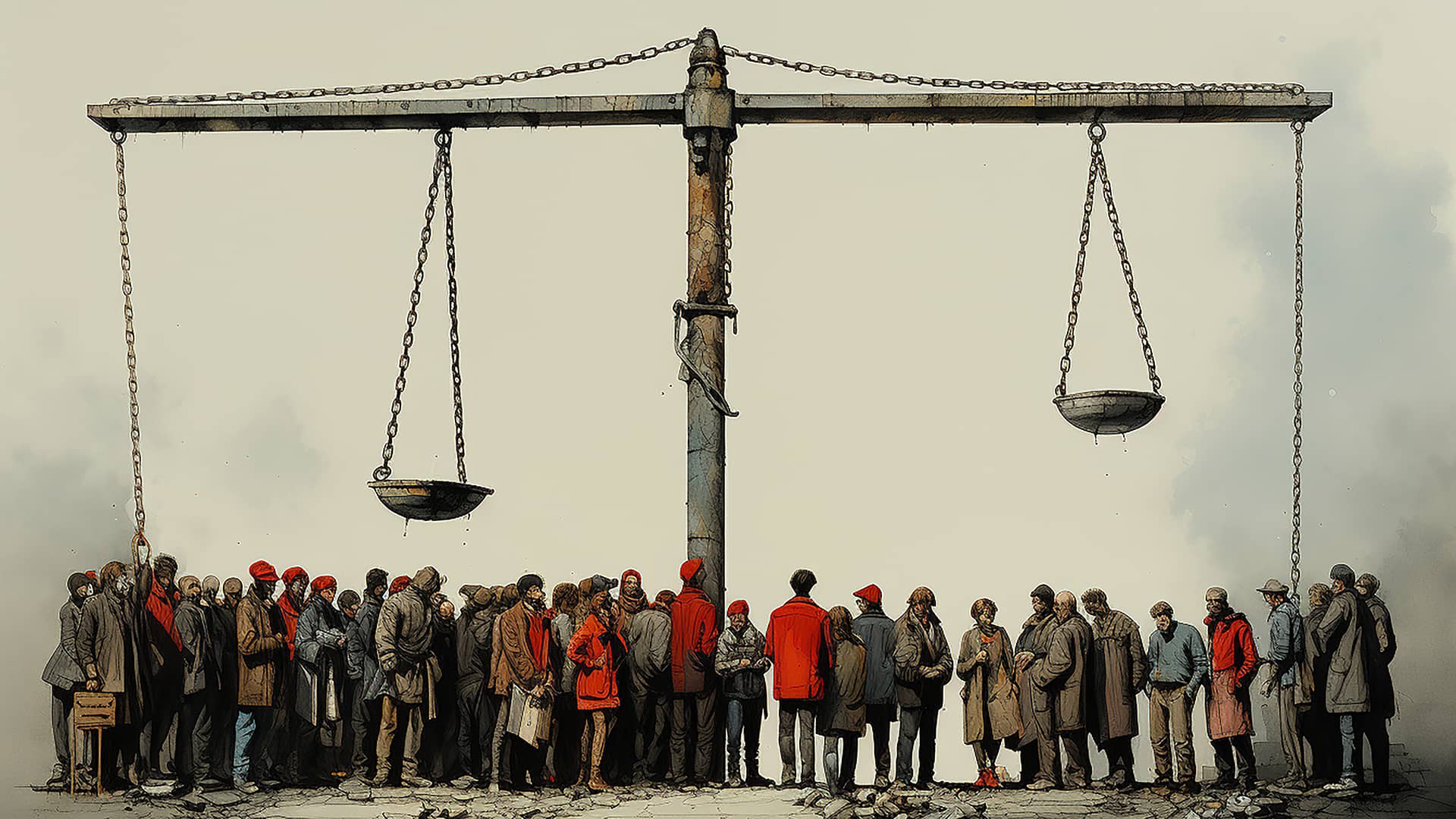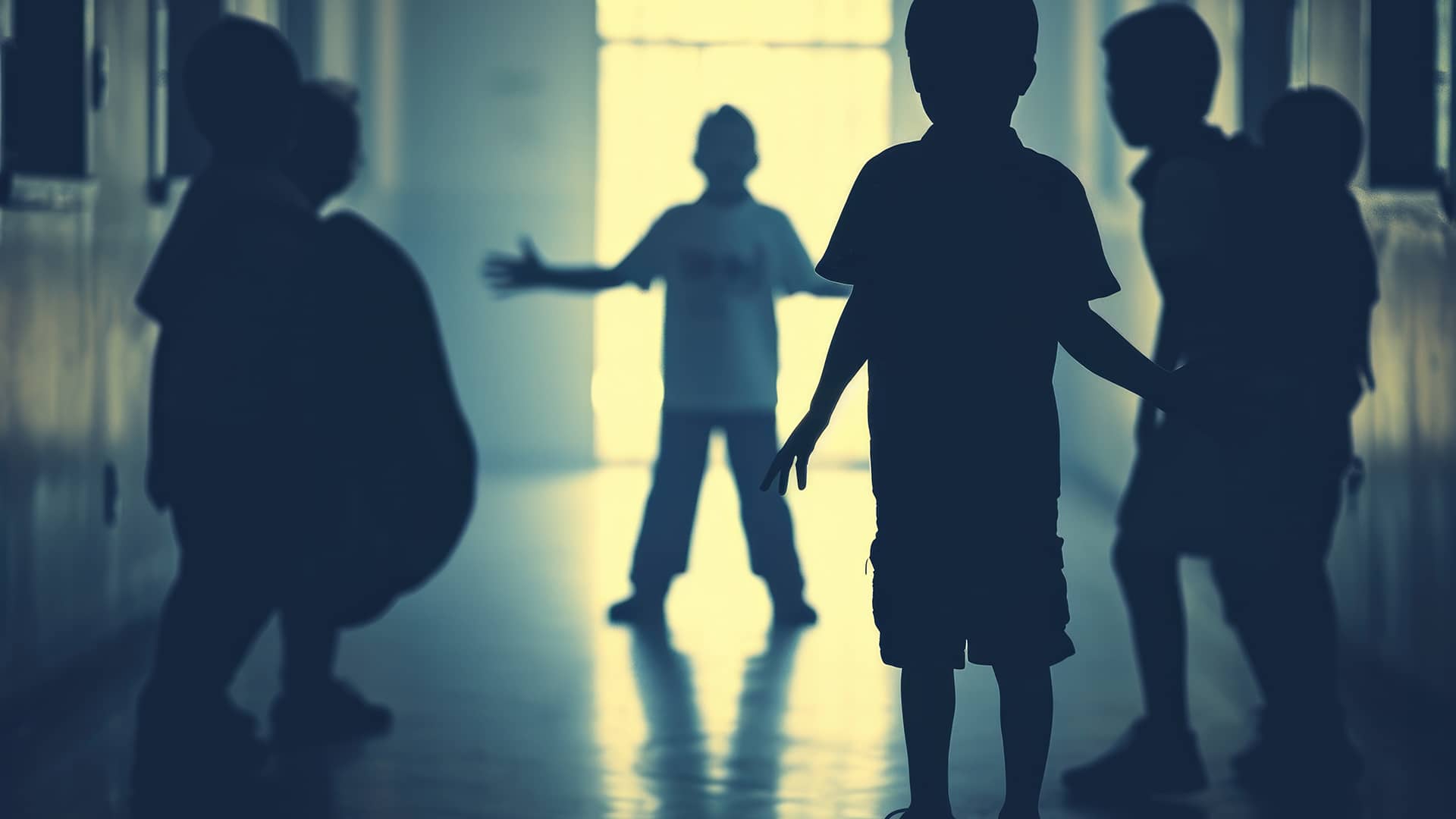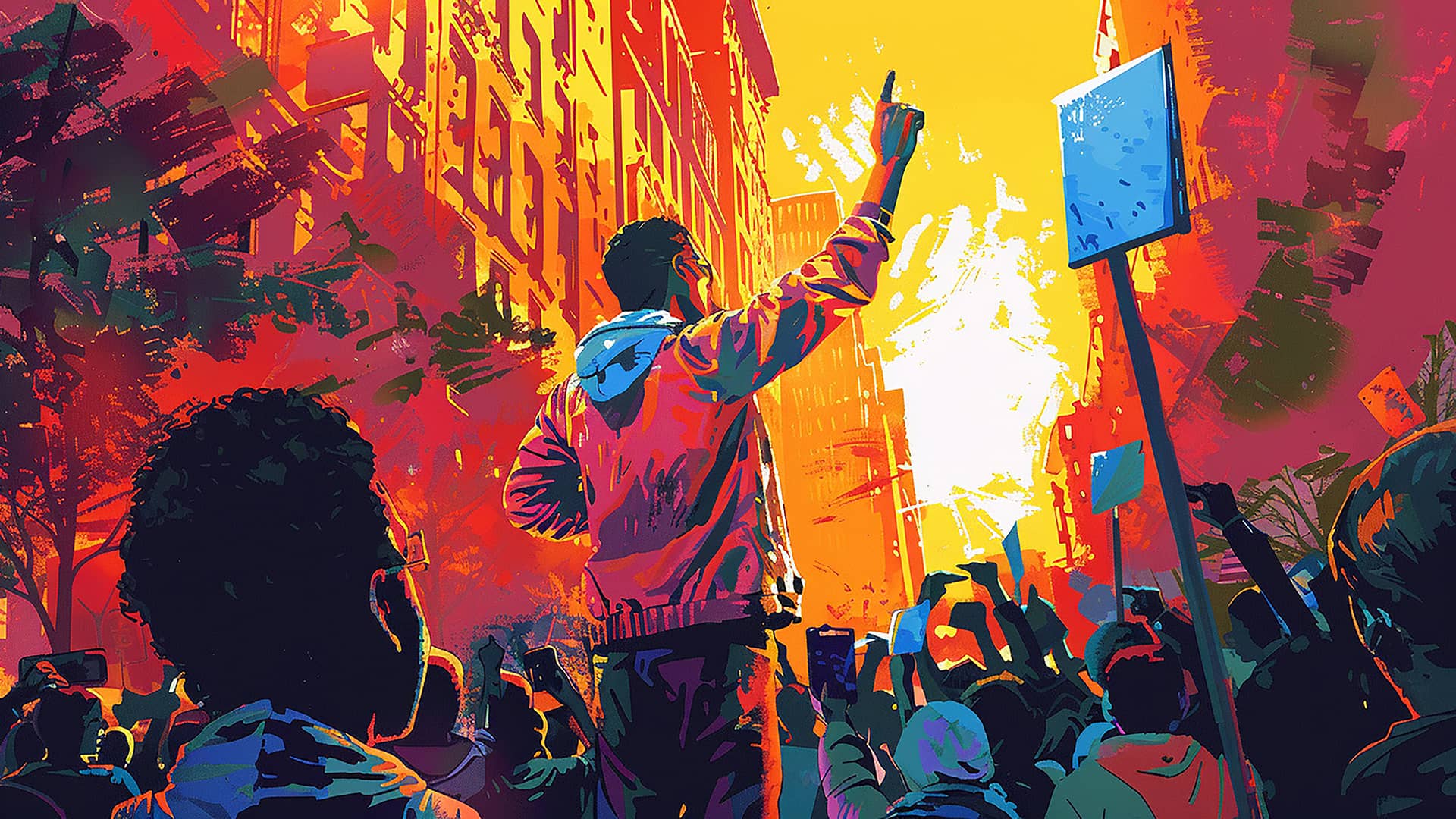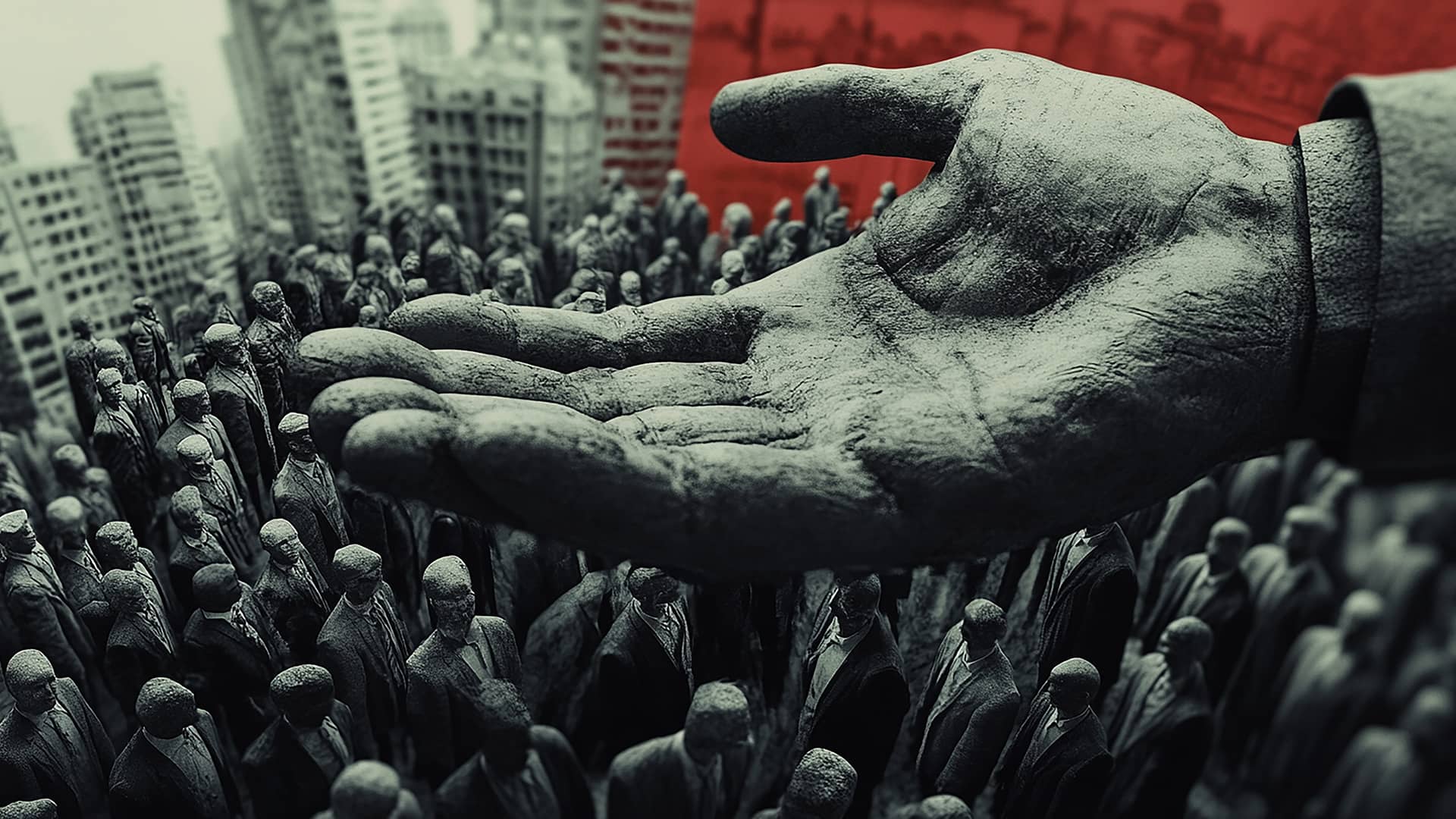The Rule of Law: Guarding Civil Liberties and Human Dignity

What Is the Rule of Law?
The rule of law is the principle that all individuals—including government officials—are subject to the law, which is applied fairly and independently. It requires an impartial judiciary, transparent legal procedures and respect for fundamental rights. Where the rule of law thrives, citizens can challenge abuses of power and seek redress.
Turkey’s Crisis of Legality
AST reports that since July 2016, more than 130,000 people have been improperly imprisoned. Courts have been politicized, and emergency decrees have replaced parliamentary debate. AST describes the country as the worst upholder of the rule‑of‑law in Eastern Europe & Central Asia. Thousands of judges and prosecutors have been dismissed, leaving the judiciary vulnerable to executive control. These steps have eroded legal certainty and stripped many citizens of due‑process protections.
The crackdown also targets media outlets and civil‑society organizations, with more than 187 media outlets closed. Without independent media to scrutinize the government, abuses go unchecked. Political prisoners such as journalist Ahmet Altan and human‑rights defender Osman Kavala have spent years in jail without fair trials.
Why the Rule of Law Matters
The breakdown of legal norms has devastating consequences for individuals and communities. Arbitrary detention, torture, forced disappearances and property seizures become common. Families lose breadwinners, children grow up without parents, and businesses collapse. International investors withdraw, harming the economy and exacerbating social inequality.
A functioning legal system also underpins human dignity. When people can challenge unlawful arrests or confiscations, they are recognized as rights‑holders rather than subjects. The rule of law ensures that even unpopular minorities—religious, ethnic or political—receive fair treatment.
Rule of Law vs. Rule by Law
It is important to distinguish between rule of law and rule by law. Under the rule of law, laws are crafted democratically and applied equally to everyone, including those in power. Under rule by law, governments manipulate the legal system to serve their interests. Authoritarian leaders may enact vague or retroactive laws to punish opponents, undermine judicial independence or use the courts to legitimize human‑rights violations. Citizens living under rule by law are left with few protections, even though on paper the country may appear to have extensive legislation.
Impact on Society and Economy
Weakening the rule of law affects much more than political freedoms. Investors withdraw when property rights are uncertain, leading to capital flight and unemployment. Entrepreneurs are hesitant to start businesses if contracts are not enforced or if political connections determine success. Ordinary citizens face corruption in everyday interactions with bureaucrats and police. Without legal recourse, abuses by employers or landlords go unpunished. In Turkey, thousands of professionals lost their jobs during the purges, stripping schools, hospitals and courts of expertise. The resulting brain drain harms social services and undermines future prosperity.
Turkey’s Journey After 2016
To understand the scope of Turkey’s legal crisis, one must recall the attempted coup of July 2016. In its aftermath, the government declared a state of emergency, suspending basic constitutional rights. Decree‑laws (KHKs) allowed for the dismissal of public servants without court review, the closure of NGOs and media outlets, and the confiscation of assets. Tens of thousands of people were detained for alleged links to the Gülen (Hizmet) movement or Kurdish organisations. Even after the state of emergency formally ended, many extraordinary measures continued through new laws. Critics argue that these policies have normalized emergency rule, making it difficult to return to pre‑coup legal standards.
Restoring Justice: AST’s Approach
AST seeks to restore the rule of law by using international mechanisms. Our founding constitution commits to bringing cases before the UN, the European Council, the ECtHR, the OSCE and the EU. We litigate on behalf of victims and engage parliaments and human‑rights commissions to highlight abuses. AST also organizes public debates, seminars and academic events to keep human rights in the public eye.
How You Can Support the Rule of Law
- Educate Yourself: Understand how legal systems should function and recognise the signs of judicial capture. AST publishes reports explaining changes in Turkey’s legal landscape.
- Speak Out: Raise awareness when authorities violate due process, whether in Turkey or elsewhere. Use social media, op‑eds and letters to the editor to highlight cases.
- Support Independent Lawyers: Donate to organisations that provide legal aid to detainees. Volunteer your skills if you are a legal professional.
- Pressure Governments: Encourage your government to enforce international standards and use diplomatic channels to press for fair trials. Support targeted sanctions against officials involved in serious abuses.
- Champion Judicial Independence: Support campaigns that call for the reinstatement of dismissed judges and the appointment of magistrates based on merit rather than political loyalty.
- Monitor Trials: Attend court hearings (in person or online) to observe whether defendants receive fair treatment. Trial monitoring sends a message to authorities that the international community is watching.
- Encourage Corporate Responsibility: Urge businesses operating in Turkey to uphold human‑rights policies and speak out against legal abuses. Multinational corporations have leverage to demand fair treatment for their employees and partners.
- Support Education in Law and Civics: Funding scholarships and legal clinics helps train a new generation of lawyers committed to defending human rights. Civic‑education programmes empower citizens to understand their rights and demand accountability.
Conclusion
The rule of law is not an abstract concept—it is the scaffolding that supports human rights and civil liberties. When that scaffolding is dismantled, injustice and fear quickly fill the void. By standing with organizations like AST and demanding accountability, citizens around the world can help rebuild the legal protections that ensure human dignity.
Families Under Siege: The Human Impact of Mass Detention
Understanding Mass Detention Mass detention occurs when governments arrest large numbers of people—often without charge or fair trial—for p...
Read MoreGrassroots Advocacy: How You Can Stand Up for Human Rights in Turkey
What Is Grassroots Advocacy? Grassroots advocacy refers to citizen‑led movements that aim to influence public policy and social attitudes f...
Read MoreInternational Human Rights Law: Empowering Victims of State Oppression
The Global Framework International human‑rights law is a network of treaties, conventions and customary norms designed to protect people fr...
Read More


